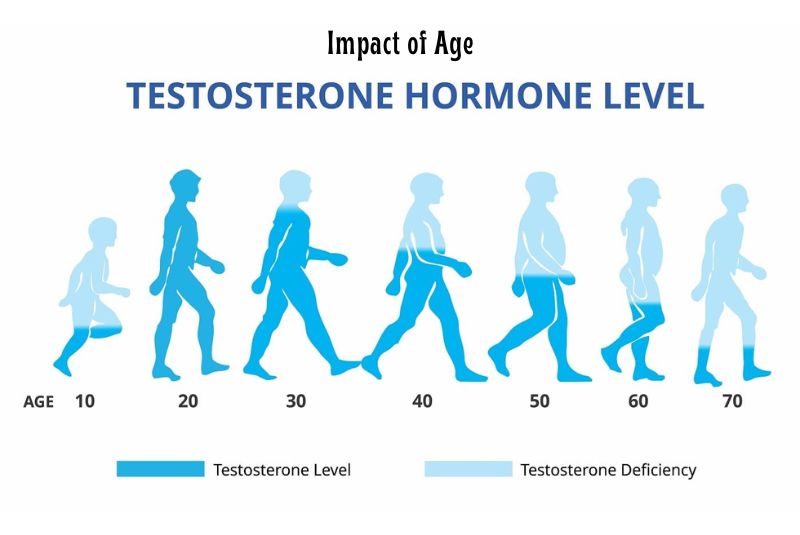The intricate dance of human reproduction is influenced by a multitude of factors, and among these, age stands as a silent but potent player. While discussions about age-related fertility often center around women, it is essential to shed light on the significant and sometimes surprising impact of age on male fertility. This article delves into the complexities of how advancing years can affect male reproductive health, offering insight into the unique challenges and considerations that arise with age.
The Male Biological Clock
Contrary to common belief, men are not immune to the biological clock’s ticking hands. While women experience a well-documented decline in fertility as they age, men also face changes in their reproductive capabilities over time. As men age, the quantity and quality of sperm can diminish, affecting the chances of conception.
Sperm Count and Quality
a. Sperm Quantity: Research suggests that older men may experience a gradual decline in sperm count, which can impact fertility. While this decline is generally more gradual than the abrupt drop in egg production seen in women, it still holds implications for successful conception.
b. Sperm Motility and Morphology: Advanced paternal age has been linked to changes in sperm motility (the ability to swim) and morphology (size and shape). Reduced sperm motility can hinder the journey towards the egg, while abnormal sperm morphology may lead to difficulties in fertilization.
Genetic Abnormalities and Birth Defects
a. Increased Risk:
Advanced paternal age has been associated with an increased risk of genetic abnormalities and birth defects in offspring. These can range from chromosomal disorders, like Down syndrome, to various developmental and neurological conditions.
b. Mutation Accumulation:
The accumulation of genetic mutations in sperm over time can contribute to the increased risk of genetic disorders. These mutations may arise from factors such as DNA damage and replication errors.
Impact on Pregnancy
a. Pregnancy Complications:
Studies have suggested that older paternal age may be associated with an increased risk of pregnancy complications, including preterm birth, low birth weight, and preeclampsia.
b. Long-Term Health of Offspring:
Some research has explored potential links between advanced paternal age and the long-term health of offspring, including a higher likelihood of certain medical conditions, such as autism and schizophrenia.
Balancing Wisdom and Timing
While there is no universal “biological clock” for men in the same way there is for women, it’s essential for couples to recognize that age can indeed impact male fertility. Striking a balance between achieving personal goals, career aspirations, and family planning becomes even more critical as age advances. Open and honest conversations between partners about their fertility goals and timelines can help ensure informed decision-making.
The impact of age on male fertility is a nuanced and evolving topic that underscores the importance of informed family planning. While men may have a longer window of fertility compared to women, it’s crucial to acknowledge the changes that occur with advancing age. Couples considering parenthood should be aware of the potential challenges associated with advanced paternal age, including changes in sperm quantity, quality, and the increased risk of genetic abnormalities. Seeking guidance from fertility specialists and medical professionals can provide valuable insights into the best approaches for achieving a healthy and fulfilling journey towards parenthood. Ultimately, understanding the interplay between age and male fertility empowers individuals and couples to make informed choices that align with their dreams of building a family.

